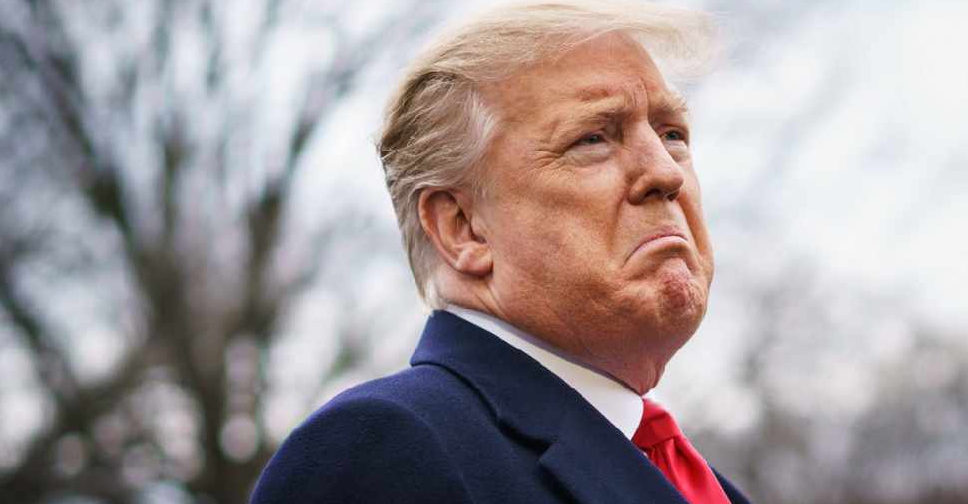
Millions of Americans are about to see their jobless benefits expire on Saturday as President Donald Trump has so far refused to sign into law a $2.3 trillion pandemic aid and spending package.
Trump stunned Republicans and Democrats alike when he said this week he was unhappy with the massive bill, which provides $892 billion in badly needed coronavirus relief, including extending emergency unemployment benefits that expire at the close of December 26, and $1.4 trillion for normal government spending.
Without Trump's signature, about 14 million people could lose those extra benefits, according to Labor Department data. A partial government shutdown will begin on Tuesday, putting millions of government workers' incomes at risk, unless Congress can agree a stop-gap government funding bill before then.
After months of wrangling, Republicans and Democrats agreed to the package last weekend, with the support of the White House. Trump, who hands over power to Democratic President-elect Joe Biden on January 20, did not object to the terms of the deal before Congress voted it through on Monday night.
But since then he has complained that the bill gives too much money to special interests, cultural projects and foreign aid, while the provision of $600 stimulus checks to millions of struggling Americans was too small. He has demanded that be raised to $2,000.
"I simply want to get our great people $2,000, rather than the measly $600 that is now in the bill," the president tweeted on Saturday.
His refusal to sign prompted a sharp rebuke from Biden, who called on the outgoing Republican president to act immediately.
"This abdication of responsibility has devastating consequences. ... This bill is critical. It needs to be signed into law now," Biden, who is spending the holiday in his home state of Delaware, said in a statement. The president-elect was scheduled to meet with his transition advisers on Sunday.
Americans are living through an unprecedented holiday season amid a pandemic that has killed nearly 330,000 people in the United States, with a daily death toll now repeatedly well over 3,000 people, the highest since the pandemic began.
Many economists agree the bill's aid is too low but say the immediate support is still urgently needed.


 Fighting between Thailand and Cambodia spreads along contested border
Fighting between Thailand and Cambodia spreads along contested border
 India orders IndiGo to cut 10% of flights
India orders IndiGo to cut 10% of flights
 Australia social media ban takes effect in world first
Australia social media ban takes effect in world first
 Pope urges 'continuation of dialogue' after meeting Ukraine's Zelenskyy
Pope urges 'continuation of dialogue' after meeting Ukraine's Zelenskyy
 Saudi Arabia, Qatar to build high-speed rail linking capitals
Saudi Arabia, Qatar to build high-speed rail linking capitals




